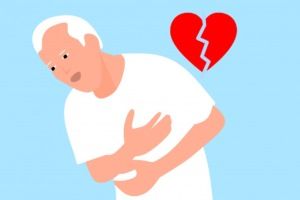News
Young men: most likely to be complacent about getting vaccinated … and to get rare heart inflammation
This article is more than 4 years old.
Turns out favoured vaccines Pfizer/BioNtech and Moderna also carry a risk, although not as serious as AstraZeneca or Johnson & Johnson

No, not England last night (photo: pxhere.com)
Denmark is not getting vaccinated quickly enough, according to health officials, who suspect the 25-34 age bracket is too busy enjoying their holidays.
Region Zealand, reports DR, has over 25,000 available appointment times over the next week, while the Region of Southern Denmark has 13,000 over the next fortnight. It is a similar story in Jutland.
And the story continues over the next month, as Region Zealand has 100,000 available times, the Region of Southern Denmark 70-80,000, and North Jutland 60,000.
All the public needs to do is visit vacciner.dk and revise their current appointment time.
Eleven cases in Denmark
It is men in the same age group who are most likely to suffer myocarditis and pericarditis, a rare inflammation of the heart or muscle that surrounds it, following a vaccination with Pfizer/BioNtech or Moderna.
The European Medicines Agency reports that there have been 164 and 157 respective cases out of 200 million doses administered so far, and Denmark has had eleven so far – mostly experienced by young men within 14 days of the second jab.
However, while it is advised to see your doctor should you experience symptoms – such as chest pain, a shortness of breath and palpitations – it is nearly always only a temporary affliction.
Most doctors concur that it will pass without any long-lasting effect.
Hardly any new hospitalisations
Their calmness reflects the viewpoint of most of the country’s doctors, who are confident Denmark has the pandemic safely in its rear-view mirror.
Despite the recent rise in the number of infections. they are confident that Denmark will not see a significant rise in hospitalisations.
“It is reassuring that one cannot see it reflected in the number of admissions, which illustrates how most infections are occurring among the younger segment of the population, who tend to be more robust,” Åse Bengård Andersen, the head doctor at the Department of Infectious Diseases at Rigshospitalet, told DR.
“Here at Rigshospitalet, the hospitalised have been here for a long time. We are really not affected by COVID-19 at the moment.”
A total of 3,593,077 people in Denmark have received their first vaccine injection, and 2,274,656 have been fully vaccinated.










































